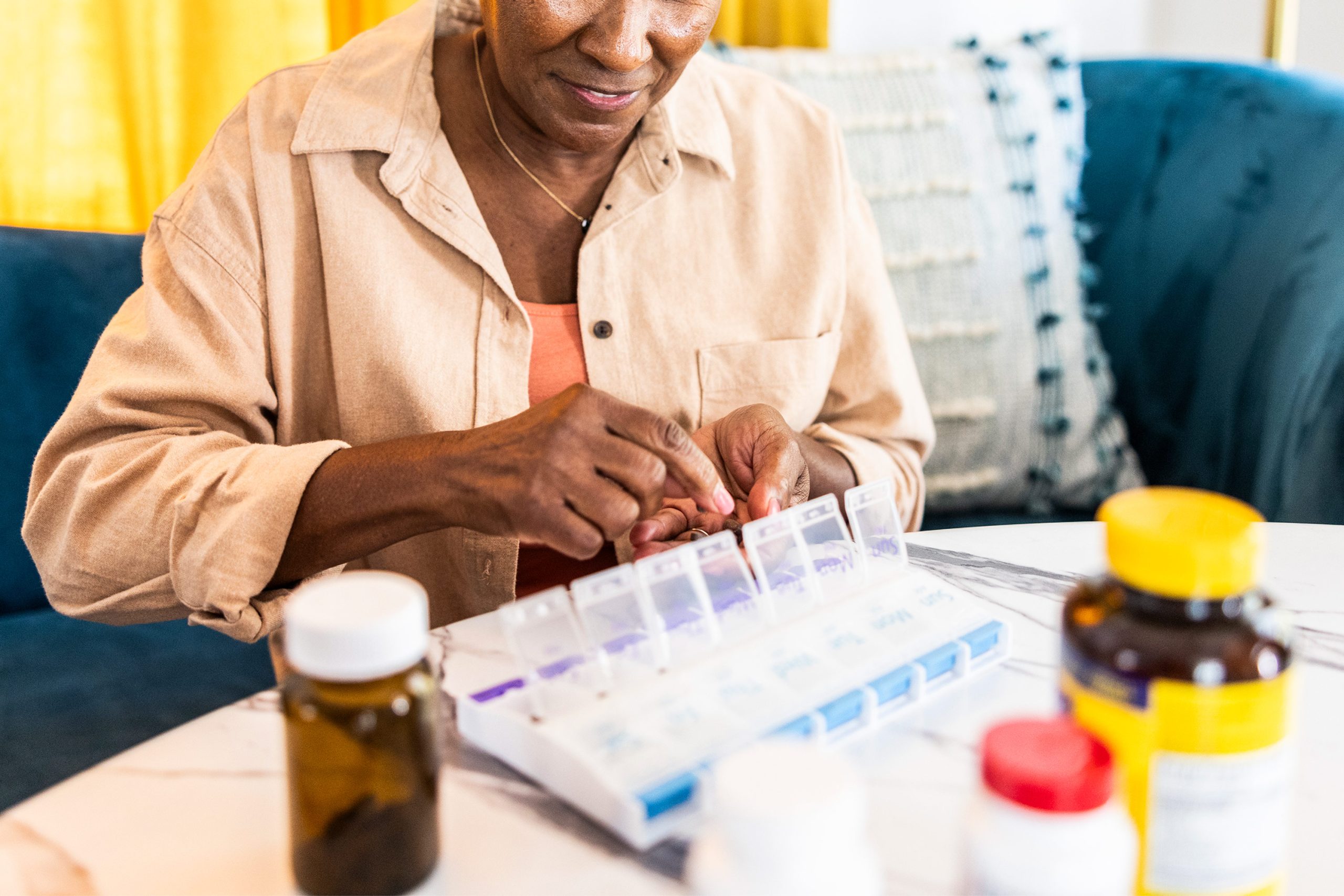The Clinical Genome Resource (ClinGen), a National Institutes of Health (NIH)-funded resource that works to define the clinical relevance of genes and variants, has published data on more than 2,700 genes curated for relevance to genetic diseases, including cancer, cardiovascular disease and neurodevelopmental disorders. A new publication in the journal Genetics in Medicine, an official journal of the American College of Medical Genetics and Genomics (ACMG), describes the methods of genomic curation and the development of software and infrastructure needed to support the ClinGen global consortium capable of large-scale evidence-based curation.
The ClinGen consortium, first established in 2013 by the National Human Genome Research Institute, now consists of more than 2,500 expert members representing 69 countries and territories. These experts form more than 100 disease-specific panels that work to identify which genes are validly implicated in disease, which variants in those genes are disease-causing and when medical actions are indicated. The goal of the consortium is to standardize assessment and curation of genomic information for use in medical practice and research.
The results of these efforts are available to the public at www.clinicalgenome.org, all curated variants are also shared in the ClinVar database and ClinGen Evidence Repository, and all curated genes are shared with the GenCC database. As described in the paper, as of January 2024 ClinGen experts have identified and validated 2,420 gene-disease relationships, 1,557 genes for dosage sensitivity and actionability assessments for 447 gene-condition pairs across the pediatric and adult settings. Additionally, researchers have classified 5,161 unique pathogenic variants, and these numbers continue to grow.
“The ClinGen resource creates a robust, open-access platform to support genomic interpretation in clinics and research labs around the world,” said corresponding author Dr. Sharon Plon, co-principal investigator of the Baylor ClinGen project and professor of molecular and human genetics and pediatrics — hematology and oncology at Baylor. “The genomic knowledge produced by our consortium can be used to build evidence-based genetic testing panels, resolve discrepancies in variant classification and guide disclosure of genomic findings to patients.”
The work at Baylor focuses on developing software infrastructure and computational approaches to enable researchers to scale up the current work, expand the number of genes in the resource and facilitate integration into healthcare delivery. Baylor also leads research on hereditary cancer disease genes.
“The software engineering team at the Baylor Bioinformatics Research Laboratory developed key computational infrastructure for the project, including the Clingen Allele Registry, Criteria Specification Registry, and the Linked Data Hub. These application programming interface-centric microservices break new ground in academic software development and make ClinGen knowledge findable, accessible, interoperable and reusable,” said Dr. Aleksandar Milosavljevic, co-principal investigator of the Baylor ClinGen project, Bioinformatics Research Laboratory director and Henry and Emma Meyer Professor in Molecular Genetics at Baylor.
Plon holds the Dan L Duncan Comprehensive Cancer Center Professorship at Baylor. She also is co-leader of the pediatrics cancer program at the Duncan Cancer Center and director of the Cancer Genetics and Genomics Program at Texas Children’s Hospital. Milosavljevic is director of the Program in Quantitative and Computational Biosciences, co-director of the Computational and Integrative Biomedical Research Center and member of the Dan L Duncan Comprehensive Cancer Center at Baylor.
This work is primarily supported by National Human Genome Research Institute and National Cancer Institute (U24HG006834 and U24HG009650 and U24HG009649) and the Intramural Research program of the NIH.


